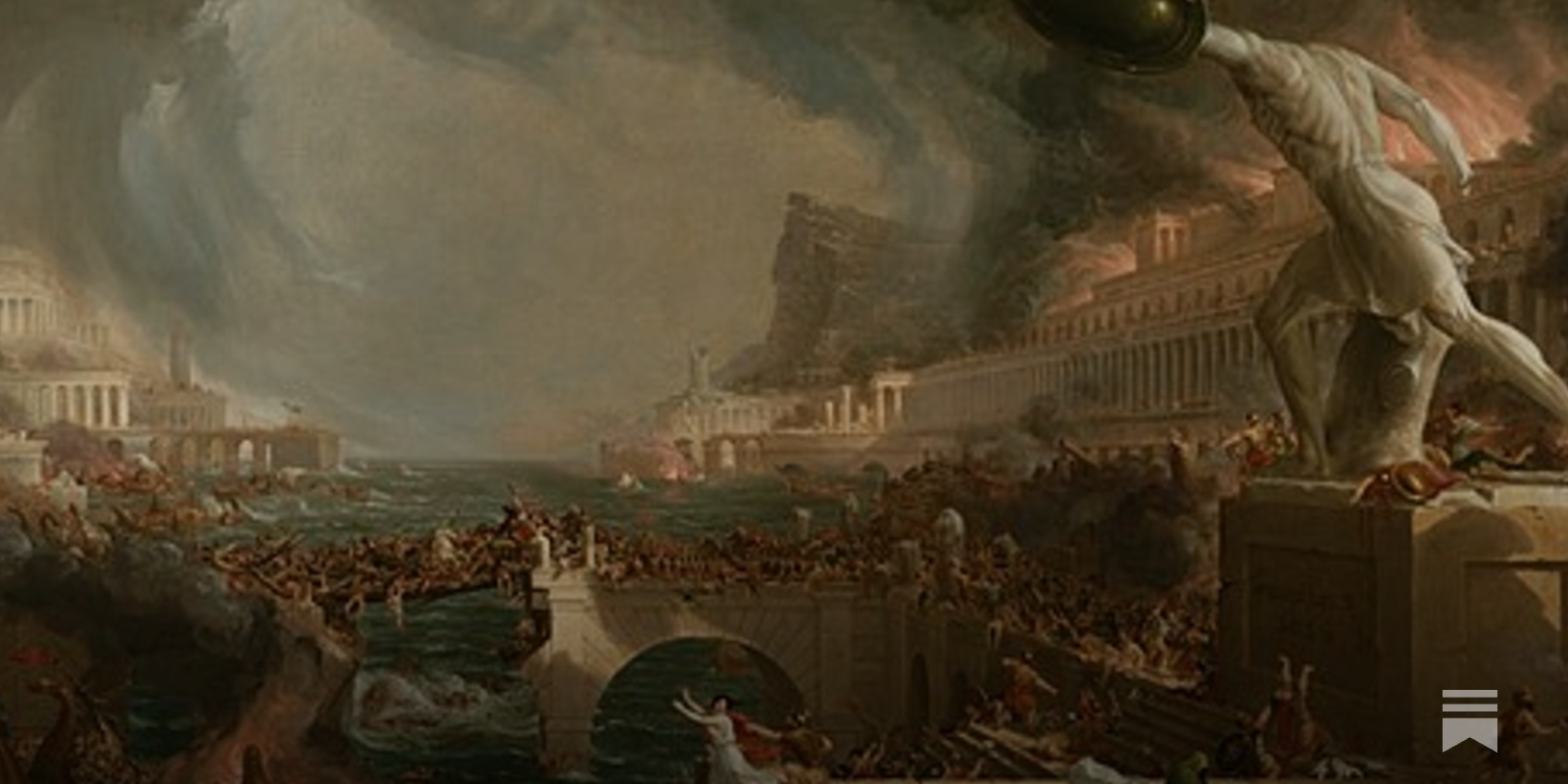This article by James Marriott does a great job of articulating something I've noticed recently.
We seem to be backsliding from a culture of mass literacy and reason.
Increasingly taking its place is a culture of urban myths, stereotypes, and superstition.
"Numerous studies show that reading is in free-fall. Even the most pessimistic twentieth-century critics of the screen-age would have struggled to predict the scale of the present crisis.
"In America, reading for pleasure has fallen by forty per cent in the last twenty years. In the UK, more than a third of adults say they have given up reading. The National Literacy Trust reports “shocking and dispiriting” falls in children’s reading, which is now at its lowest level on record. The publishing industry is in crisis: as the author Alexander Larman writes, “books that once would have sold in the tens, even hundreds, of thousands are now lucky to sell in the mid-four figures.”
...
"As Walter Ong writes in his book Orality and Literacy, certain kinds of complex and logical thinking simply cannot be achieved without reading and writing. It is virtually impossible to develop a detailed and logical argument in spontaneous speech — you would get lost, lose your thread, contradict yourself, and confuse your audience trying to re-phrase ineptly expressed points."
...
"Walter Ong emphasised that writing cools and rationalises thought. If you want to make your case in person or in a TikTok video you have innumerable means for bypassing logical argument. You can shout and weep and charm your audience into submission. You can play emotive music or show harrowing images. Such appeals are not rational but human beings are not perfectly rational animals and are inclined to be persuaded by them.
"A book can’t yell at you (thank God!) and it can’t cry. Without the array of logic-defeating appeals available to podcasters and YouTubers, authors are much more reliant on reason alone, condemned to painfully piece their arguments together sentence by sentence (I feel that agony now). Books are far from perfect but they are much more closely bound to the imperatives of logical argument than any other means of human communication ever devised."
...
"Ignorance was a foundation stone of feudal Europe. The vast inequalities of the aristocratic order were partly able to be sustained because the population had no way to find out about the scale of the corruption, abuses and inefficiencies of their governments.
"And the old feudal hierarchy was justified not so much by logical argument as by what Walter Ong might have recognised as very pre-literate appeals to mystical and emotional thinking.
"This was what historians of the seventeenth century know as the “representational” culture of power, the highly visual system of monarchical propaganda which forced the fearsome and awe-inspiring image of the king onto his subjects. The regime displayed its power in parades, paintings, fire-work displays, statues and grandiose buildings."
...
"In Britain only 6,000 books were published in the first decade of the eighteenth century; in the last decade of the same century the number of new titles was in excess of 56,000. More than half a million new publications appeared in German over the course of the 1700s. The historian Simon Schama has gone so far as to write that “literacy rates in eighteenth century France were much higher than in the late twentieth century United States”.
"Where readers had once read “intensively”, spending their lives reading and re-reading two or three books, the reading revolution popularised a new kind of “extensive” reading. People read everything they could get their hands on: newspapers, journals, history, philosophy, science, theology and literature. Books, pamphlets and periodicals poured off the presses.
...
"The system worked in an age before mass literacy. But as knowledge spread through society and the analytic, critical modes of thinking fostered by print took hold, the whole mental and cultural atmosphere which sustained the old order was burned away. People began to know too much. And to think too much.
"The feudal order seems to be fundamentally incompatible with literacy. The historian Orlando Figes has noted that the English, French and Russian revolutions all occurred in societies in which literacy was approaching fifty per cent."
...
"The big tech companies like to see themselves as invested in spreading knowledge and curiosity. In fact in order to survive they must promote stupidity. The tech oligarchs have just as much of a stake in the ignorance of the population as the most reactionary feudal autocrat. Dumb rage and partisan thinking keep us glued to our phones."
https://jmarriott.substack.com/p/the-dawn-of-the-post-literate-society-aa1 #writing #books #reason #capitalism #socialism #literacy #bookstodon #novels #politics
Discussion
Loading...
Post
@aj i agree to some things but theses sentences i'm reading them on my phone.
The web (some part of it) is also a place where people write ideas and reasoning, being articles or scripts of videos (a different narration but not necessarily worse/better).
And the print books and newspapers, some part of them are also stupid and harmful.
I think it is a matter of education and social justice (hard to get educated when you need to survive first).
Also i'm totally convinced that a book can yell at you and cry.
Open Science
We are a network of scientists, developers and organizations building the next generation of digital spaces for open science.
Automatic federation enabled

